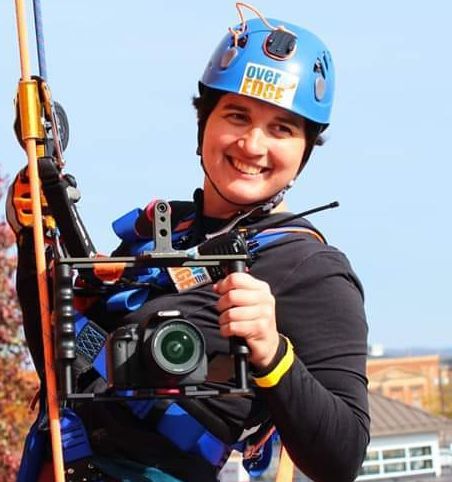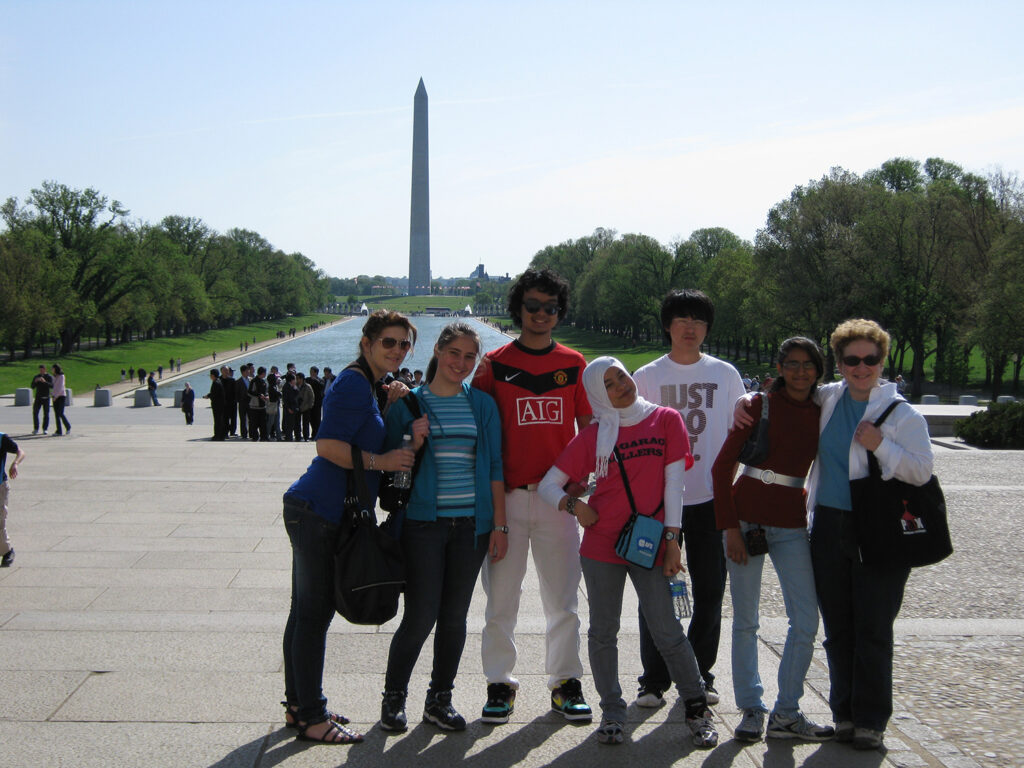
Trout Run native Ann Swift’s family is larger than most and includes people from around the world. As a long-time host parent of foreign exchange students, when Swift heard that Russia invaded Ukraine, she felt a deep connection to the conflict, as she often does when disaster strikes throughout the world.
“World news is much more immediate. War in Ethiopia – pray for Nati. Armenia at war – pray for my student who was drafted. Earthquake in Indonesia? Which island – where? Pray. My family is larger in some respects,” Swift said.
The Ukrainian crisis is no different, for Swift, yet perhaps more heartbreaking.
“I just feel helpless,” she said. “I pray.”
Opening their home
In 2007, the Swift family opened their home to international exchange students who had won scholarships to the United States for an entire school year. While the students brought other cultures and customs with them, it was Swift’s goal to help adjust to American culture.
The Swifts’ exchange students came from a variety of countries including Pakistan, Russia, Kazakhstan, Indonesia, Bosnia and Ukraine.
In 2008, Swift became the community coordinator for the exchange program, helping even more students find host families within the region.
“We loved learning the new cultures, but our goal had to be helping the student adjust to and understand American culture,” Swift said. “A huge part of the experience was the opportunity to view our culture through the lens of another culture.”
Swift has stayed in touch with many of her students, often through email or over the phone, but on occasion she has met with a few while traveling abroad, and even attended a wedding in India.
Voices from conflict
When Russia invaded Ukraine, Swift reached out to all of her students in the region. She also joined a nightly Zoom prayer meeting to pray for the affected people.
Most concerning was when one of her students living in Mariupol, Ukraine, fell silent.
“We knew she was in a shelter in Mariupol where there was only disastrous news,” Swift said. “Thankfully, she escaped a week ago. Only one student is still in Ukraine and she insists that she is safe and with friends – no other details.”
Because of her many connections, Swift has a unique perspective on what is happening in the region.
“I also reached out to others in Eastern Europe, Russia or former Soviet states because they, too, are affected,” she said. “I love getting their opinions on the situation because they have information and background that I don’t have and it helps me form my own thoughts. I am not dependent on Western media.”
A student in Russia, who asked to remain anonymous for fear of retaliation from the government, said, “Unfortunately, there are really a lot of people who support this (invasion of Ukraine), but I believe the reason for it is propaganda via TV.
“(Myself and) People around me are strictly against this. But we can’t tell anything as there is a new law of telling anything against this ‘operation,’ which includes up to 15 years of prison.”
For those Russian residents afraid of the increased government pressure, it’s hard to choose to leave their home and their families. Swift’s student works for an American IT company that offered to move them to Turkey.
“I don’t want to leave my family, but it seems there is no other option to live a normal life and not be afraid to speak.”
In Austria, one of Swift’s students, Ema Drnda, who is 30 years old and a refugee from the Balkan conflict in the early 1990s, now works with Ukrainian refugees fleeing their own disaster.
“Everything happened fast. The main goal of the organization is assembling aid and sending food and supplies to the borders of Ukraine,” Drnda said.
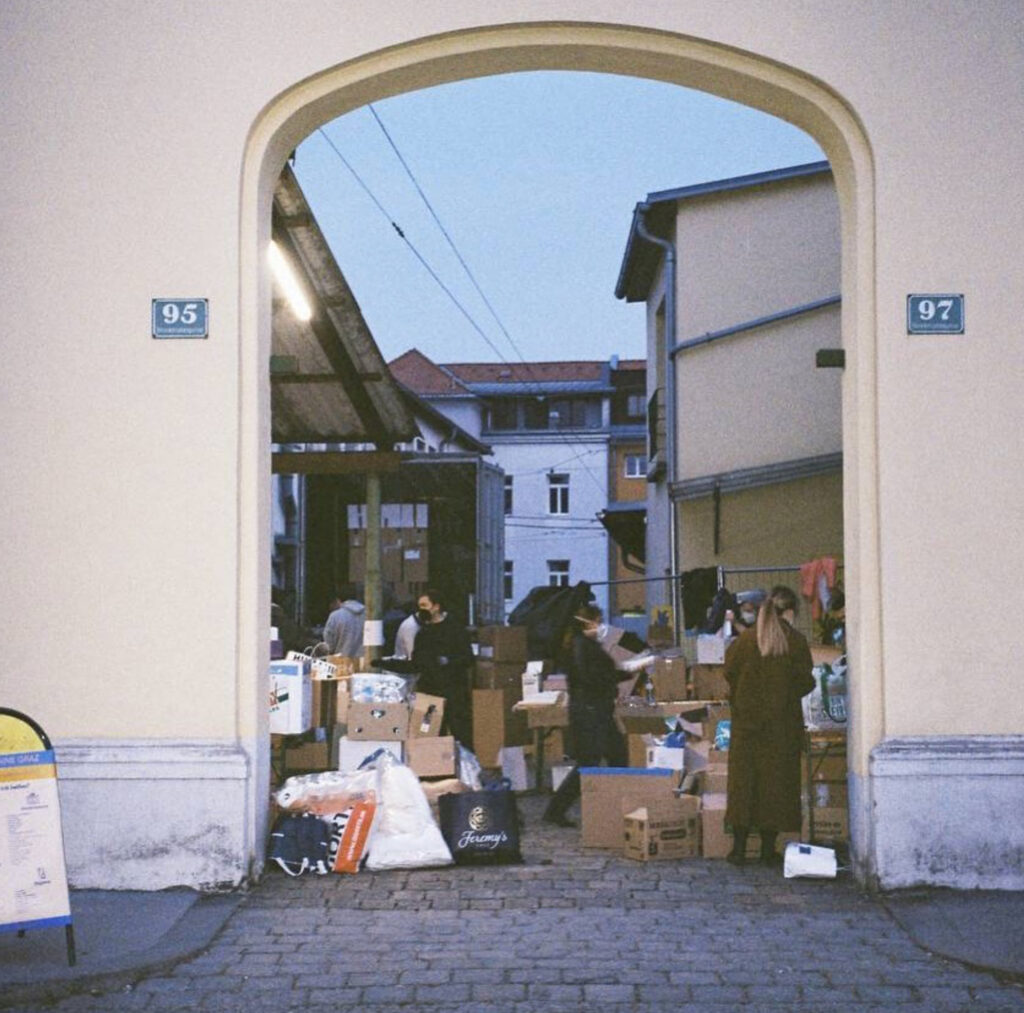
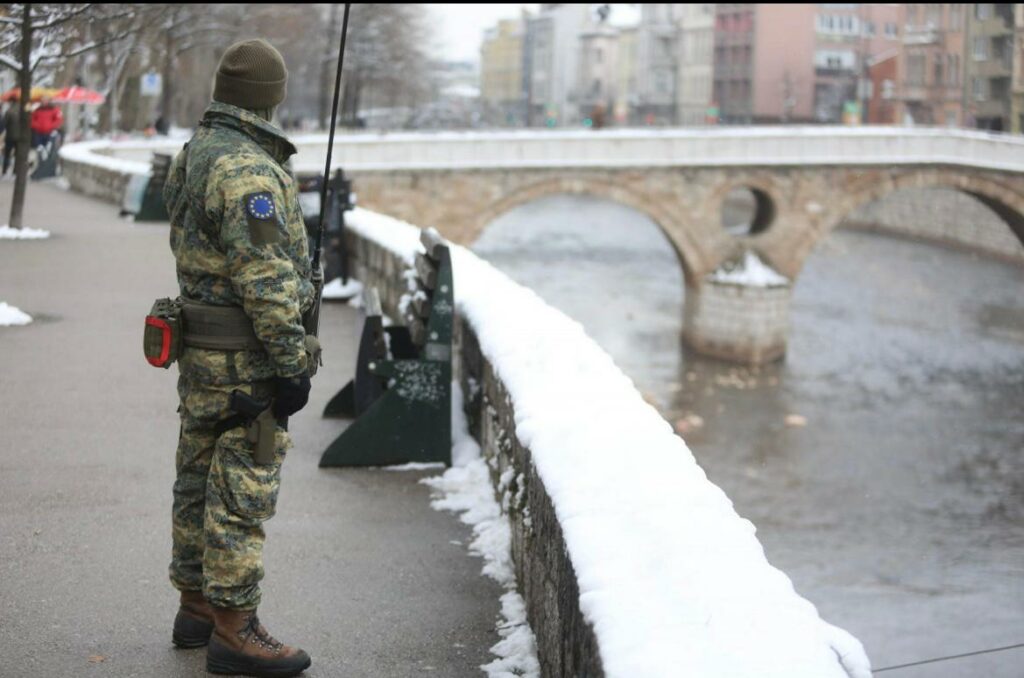
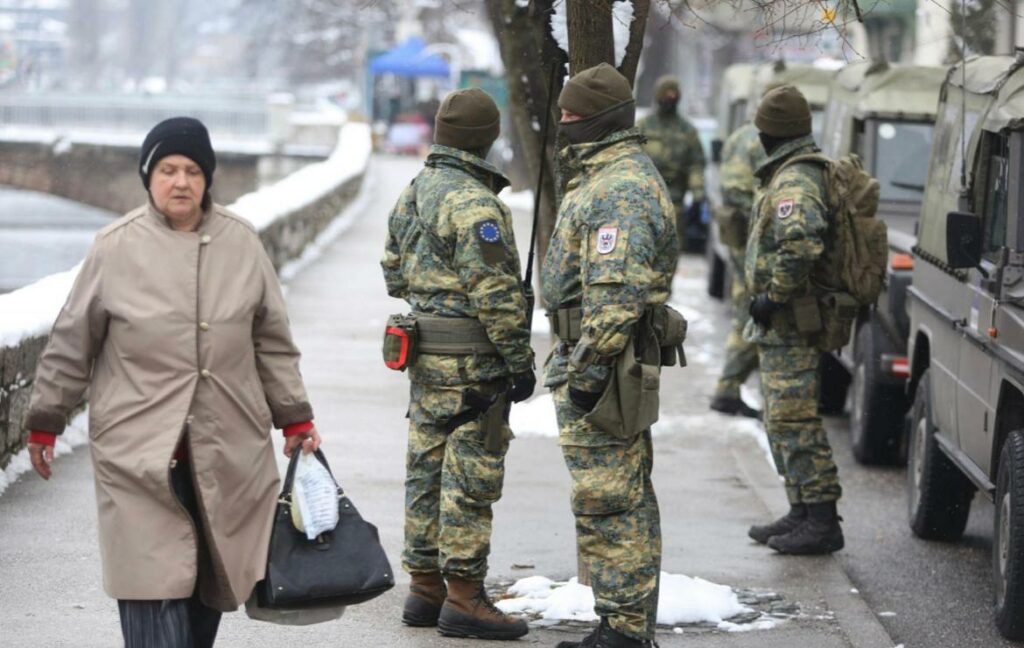
The organization is called SaveUkraine and was founded by a woman named Zoryana in Graz, Austria, close to the Slovenian border.
“The group of over 100 volunteers gather and sort the supplies, place them into private cars and minivans and drive by themselves to the borders, paying from their private accounts for this. At some point, private people living in Graz, Austria, started contacting us if they can help by offering empty houses and apartments. So this is where the ‘furniture’ team was born. We managed, so far, to place 78 persons, women, children and grandparents, into private housing, completely furnishing the apartments from scratch here in Graz, Austria. As you notice, no men are fleeing the country. Every man over the age of 18 is staying in the war.”
In Kazakhstan, most people are opposed to the Russian invasion, according to one of Swift’s students who also asked to remain anonymous.
“They can not openly condemn the Russian actions since our government is tied up with ally agreements. Kazakhstan is considered to be a military ally of Russia. But as far as we know, when Russia asked for military support, Kazakhstan refused.
Propaganda from Russia is rampant, according to this student, adding that they believe many in Russia support the war:
“Russian ordinary people mostly support Putin in his wars. They have been craving for this since the collapse of the USSR. They will never admit that directly, but deep in their hearts, that is what they want. I have a deep understanding of the Russian mentality. I grew up among them. Up in northern Kazakhstan, the population is almost 50% Russians. When I was a child, that percentage was even higher. Of course there are some exceptions. But in the most, they support Putin.”
Swift has received similar updates from her students in India, the Czech Republic and Serbia.
Love and respect them
In her home just outside of Trout Run, Pennsylvania, it’s hard to know what she can do.
Through her communication over the past two months, Swift has been able to be a conduit connecting some of her students with others in the region and giving them a voice to the rest of the world.
Her student from Russia thanked her: “I’m so happy that you don’t hate us (Russians) in general.”
The purpose of the foreign exchange program, which is sponsored by the U.S. State Department, is to raise “friendly leaders in these countries,” Swift said.
“When students return home, many work with our ambassadors and other state department personnel,” she said.
But for Swift, it has given her lifelong friends and family around the world. While she reaches out to them in their time of need, they do the same for her.
When Swift’s husband passed away, she heard from her student, Willy, in Indonesia, before she even left the hospital.
“I felt the love of my students even as they prayed to Allah or various Hindu gods … while David was ill and for my comfort after he died. I hope that some intimate knowledge of other cultures helps me to love and seek to understand others and thereby respect them,” she said.




